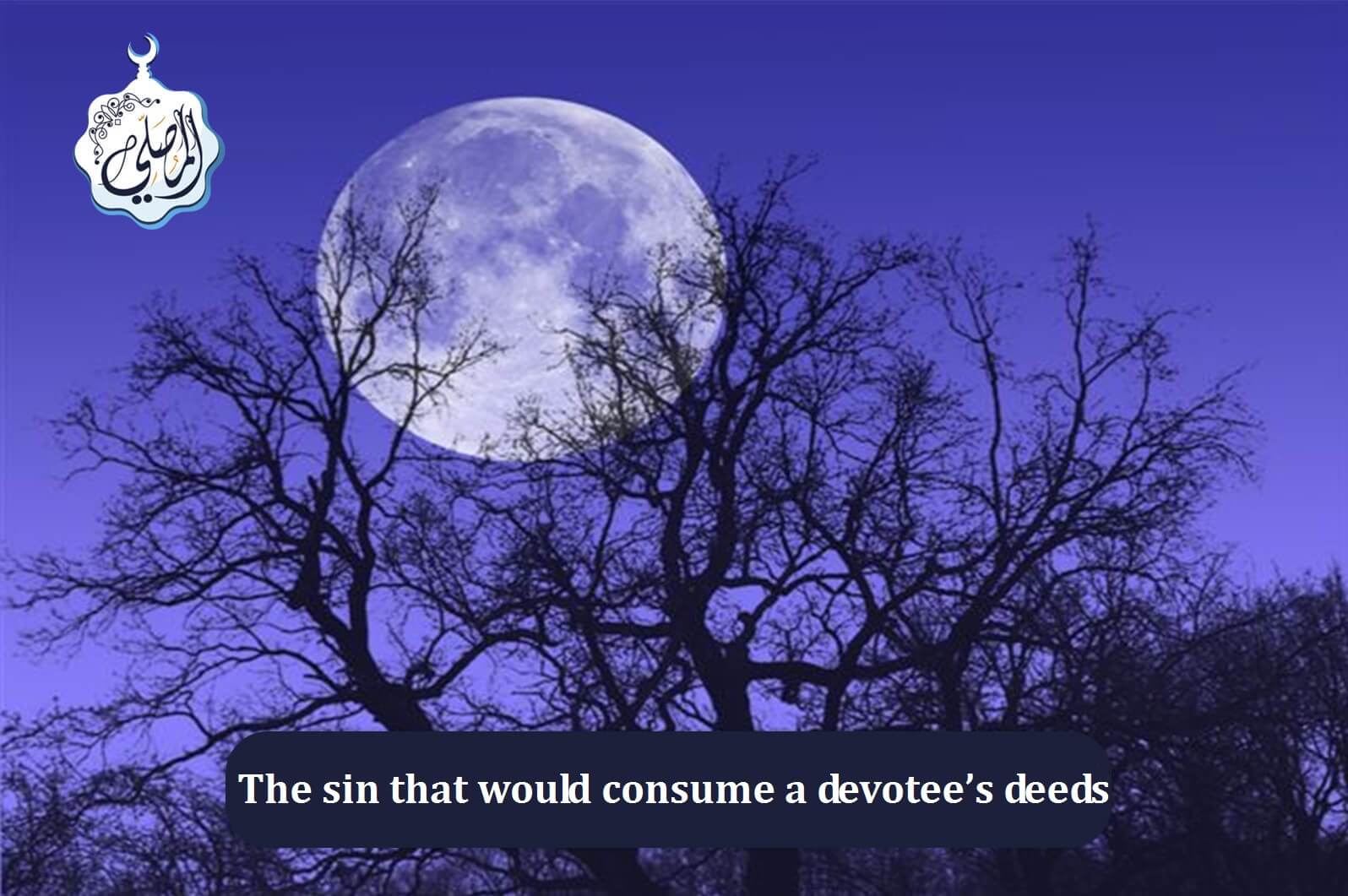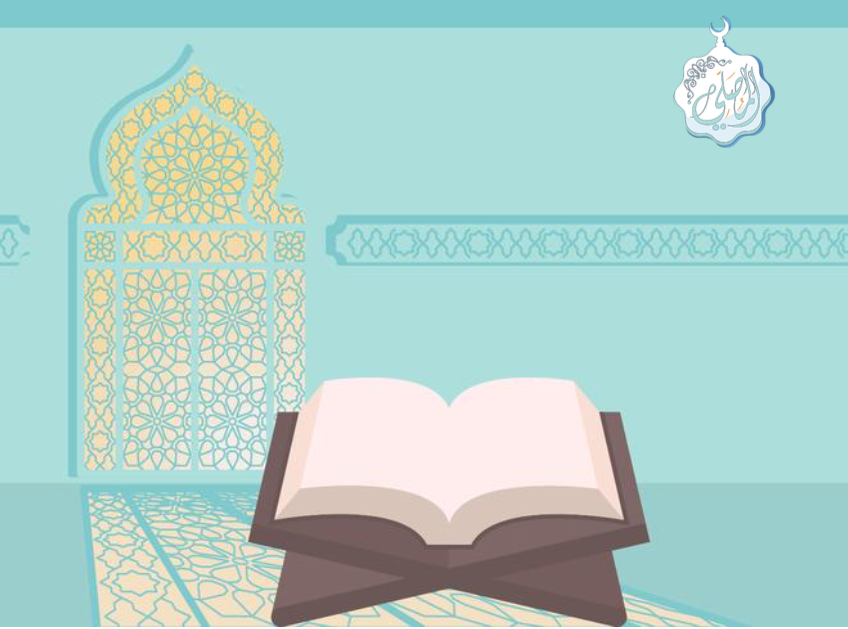
In Islam, fasting during Ramadan is obligatory for all able-bodied adult Muslims. However, Allah in His wisdom has provided certain exemptions, including for travelers. Let's explore the rulings and recommendations regarding fasting while traveling.
The Basic Ruling: According to the Quran, travelers are permitted to break their fast:
"But whoever among you is sick or on a journey, then [he may fast] an equal number of other days." (Surah Al-Baqarah, 2:184)
This verse clearly indicates that travelers have the option to postpone their fasts and make them up later.
Options for Travelers:
- Breaking the Fast: Travelers can choose to break their fast and make up the days later.
- Continuing to Fast: If fasting doesn't cause hardship, travelers may choose to fast.
Recommendations for Travelers: Islamic scholars provide the following recommendations for Muslim travelers:
- Assess Your Condition: Travelers should carefully evaluate their physical and mental state to determine whether fasting would cause significant hardship or affect their ability to travel safely. If fasting is likely to cause significant difficulties, it is better to break the fast.
- Consider the Journey's Nature: For shorter, more comfortable journeys, many scholars recommend continuing to fast if possible, as the hardship may be minimal.
- Follow Local Custom: In Muslim-majority countries, it might be easier for travelers to fast due to adjusted schedules and the availability of facilities to support the fasting practice.
- Intention: If a traveler starts the day fasting and then decides to travel, they can break their fast once the journey begins.
- Return Journey: The same rules and recommendations apply when the traveler is returning to their home.
- Making Up Missed Fasts: Any missed fasts during the travel period must be made up before the next Ramadan.
Wisdom Behind the Ruling: The exemption for travelers to break their fast and make it up later demonstrates the flexibility and compassion of Islam. This ruling ensures that religious obligations do not cause undue hardship, especially in potentially challenging situations like travel, where maintaining the fast could compromise one's health, safety, or ability to fulfill the journey's purpose.
Conclusion: While traveling during Ramadan, Muslims have the option to fast or to break their fast and make it up later. The decision should be based on individual circumstances, considering factors like the nature of the journey, personal health, and ability to fulfill the fast without hardship.
Regardless of the choice made, the focus should remain on maintaining the spirit of Ramadan through increased devotion, charity, and mindfulness of Allah. Remember, Allah intends ease for us and not hardship, as mentioned in the Quran:
"Allah intends for you ease and does not intend for you hardship" (Surah Al-Baqarah, 2:185)
Always consult with knowledgeable scholars if you're unsure about your specific situation. May Allah accept our fasts and our efforts during this blessed month.










 share facebook
share facebook share whatsApp
share whatsApp share twitter
share twitter share telegram
share telegram copy
copy







